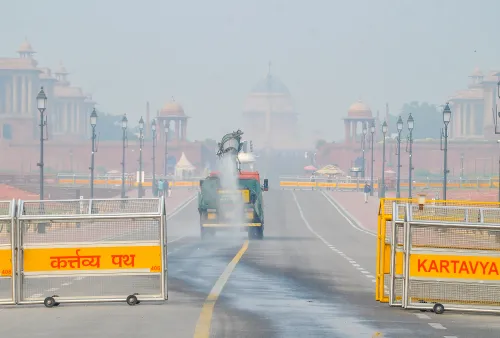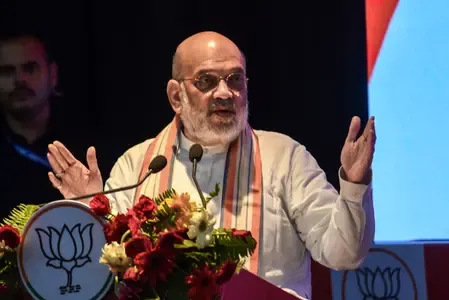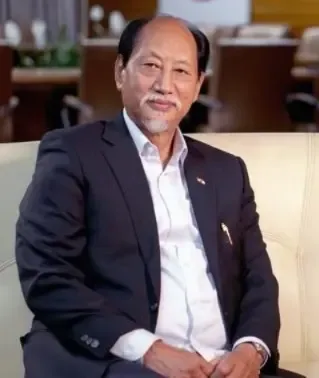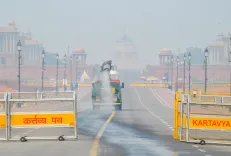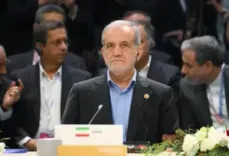Will CPEC Phase-2 Meet China's Tough Conditions for Pakistan?
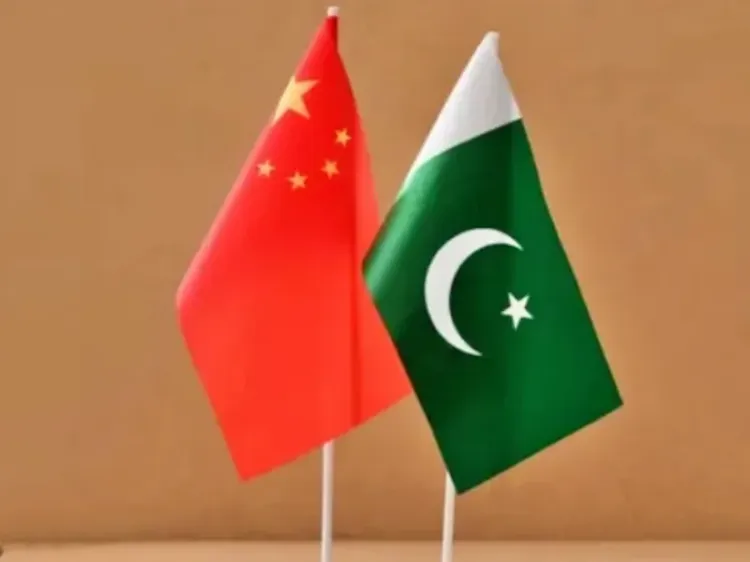
Synopsis
Key Takeaways
- China demands security guarantees for CPEC Phase-2.
- Rising TTP threats complicate the operational landscape.
- U.S. interest in Pakistan raises concerns for China.
- Rare earth minerals are a critical point of negotiation.
- Pakistan must clarify its role in regional security.
New Delhi, Sep 3 (NationPress) The second phase of the China Pakistan Economic Corridor (CPEC) is presenting significant challenges for Pakistan. China has outlined multiple conditions that must be met for the progression of this phase.
A key concern for China is the escalating security threats in the region, particularly from groups like the Tehreek-e-Taliban Pakistan (TTP) and the Balochistan Liberation Army (BLA), which have targeted Chinese interests. This issue has become a critical point of contention, and China insists on a resolution before further advancing the project.
These matters are currently under discussion during bilateral meetings taking place in Beijing from September 2 to 4.
China has emphasized that security guarantees are essential for the continuation of the project. During the first phase of CPEC, China incurred substantial losses, primarily due to actions by the BLA.
The BLA has expressed grievances over the Pakistan government’s exploitation of regional resources, claiming that the local populace reaps no benefits from such developments. They believe that CPEC will not provide any advantages to them.
Moreover, Chinese infrastructure has suffered significant damage due to the TTP, while the Pakistan Army has faced considerable casualties from this group. Pakistan has attributed the rise of TTP to support from the Afghan Taliban, which allegedly allows the group to operate from its territory.
This issue was also raised in a recent trilateral meeting involving China, Pakistan, and Afghanistan. Afghanistan has assured that it will not permit the BLA to use its territory for launching attacks against Pakistan, but it did not extend similar assurances regarding the TTP.
In addition to security concerns, China is wary of the increasing interest the United States is showing in Pakistan. Chinese officials are seeking clarification on this evolving relationship, which has raised concerns in Beijing. Pakistan has been urged to clarify its ties with the U.S. before China can proceed with Phase-2 of the project.
Another contentious issue revolves around the rare earth mineral reserves in Pakistan, which have attracted interest from both China and the U.S. China is keen to understand Pakistan's share in these resources given America's growing interest.
The delegation visiting China is led by Pakistan's Prime Minister Shehbaz Sharif and Army Chief Field Marshal Asim Munir. They are scheduled to meet with Chinese President Xi Jinping, Prime Minister Li Qiang, Foreign Minister Wang Yi, and other senior military officials.
China has also requested that Pakistan take a significant role in expanding CPEC into Afghanistan, as security concerns regarding Afghanistan's stability remain paramount.
The TTP has established a presence in Afghanistan, raising alarms about potential threats to Chinese infrastructure once the project expands into Taliban-controlled areas.
The issue of TTP expansion was extensively discussed during a recent trilateral meeting in Kabul among the three foreign ministers. China has instructed Pakistan to develop a security roadmap before Phase-2 can begin.
While China is eager to expand the project, it remains cautious due to the substantial losses incurred during Phase-1 of CPEC.
Although Pakistan may tout its strong ties with China, Beijing has laid down numerous conditions this time around. Given the current landscape and the growing influence of TTP, the Pakistan Army faces a formidable challenge ahead.
Although the Taliban may take some action against the TTP, their response will likely be limited. Any aggressive moves against the TTP could lead to discontent within the Taliban ranks, resulting in potential infighting, which would necessitate a careful approach.

